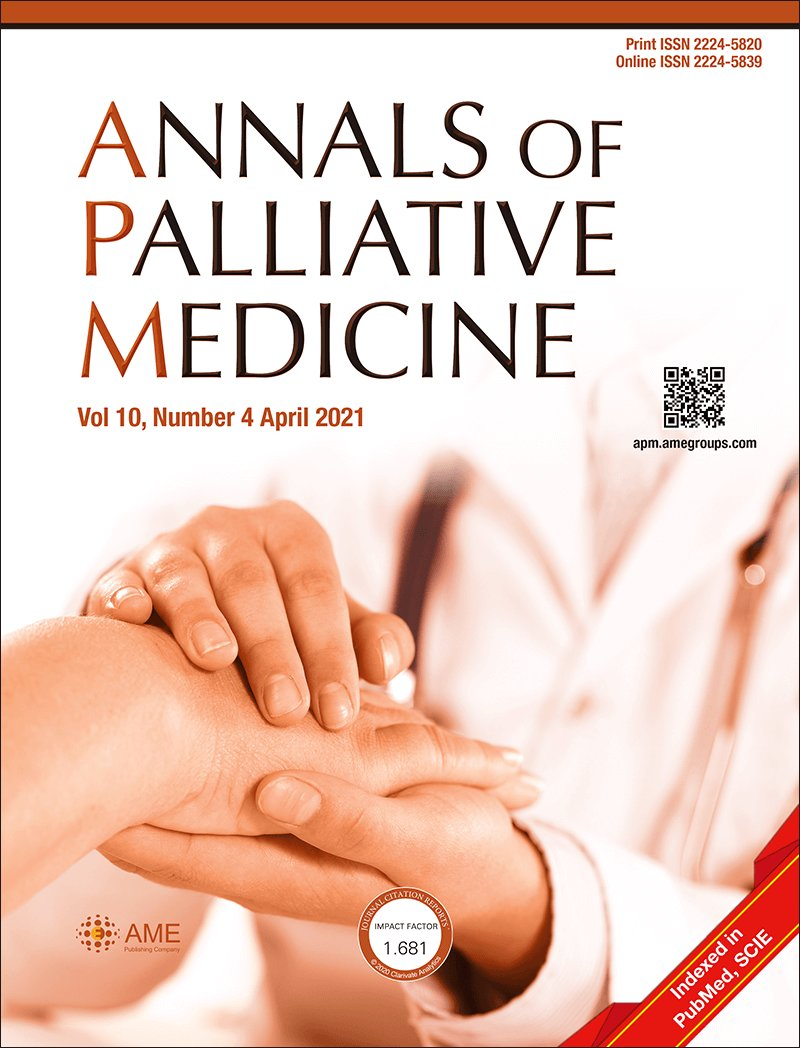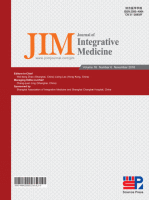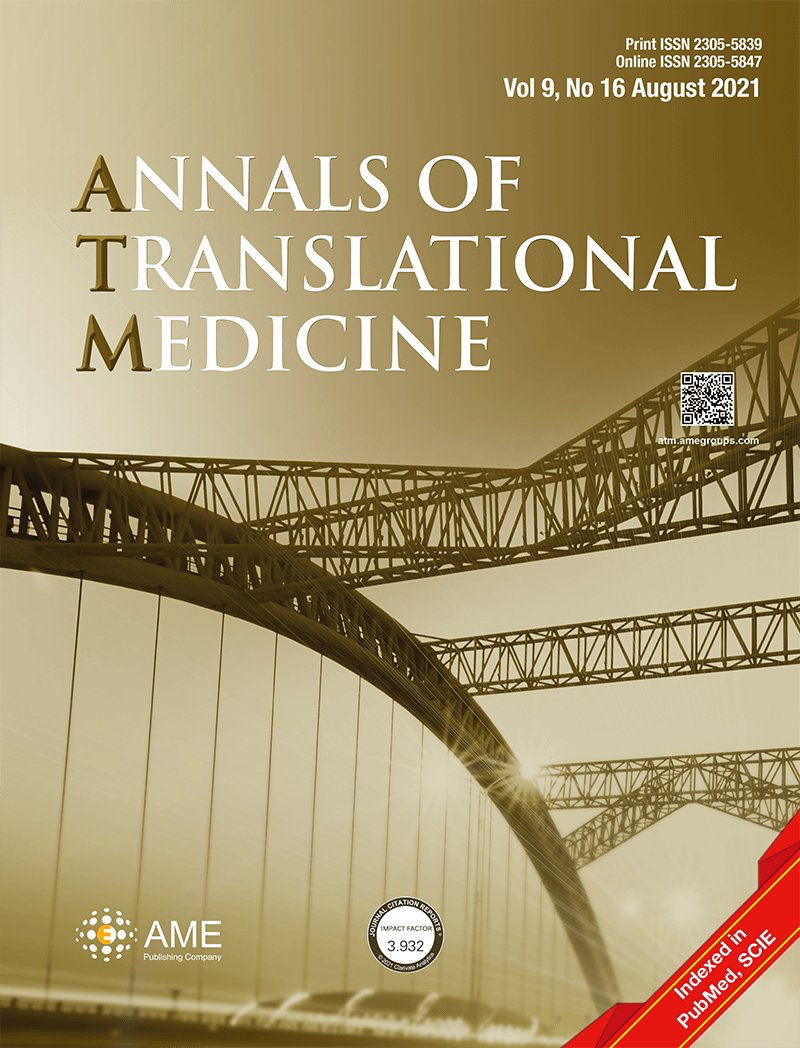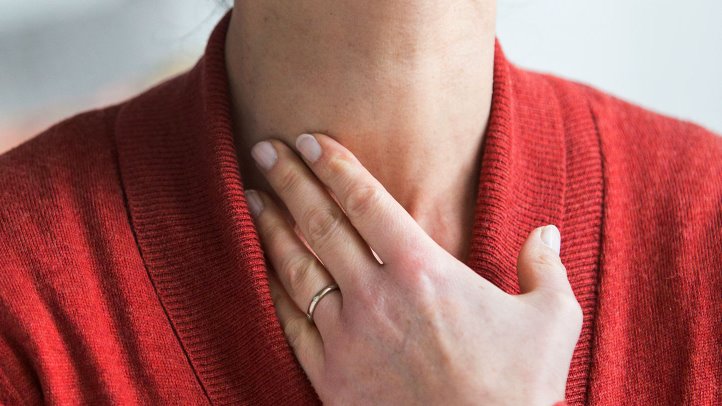
Acupuncture for Thyroid Disorders.
The thyroid is a small, butterfly-shaped gland located at the front of the neck that secretes hormones to regulate the body's use of energy, metabolic processes and growth.
Around one in 20 people will experience some form of thyroid dysfunction in their lifetime and women are more likely to have an underactive thyroid.
The signs and symptoms of hypothyroidism vary from person to person and early symptoms can include weight gain and fatigue.
What does the research say?
The following insights are obtained from systematic reviews and analysis of clinical trials investigating the efficacy of Chinese medicine and acupuncture for thyroid disorders.
2021 Annals of Palliative Medicine
Chinese medicine could effectively improve thyroid function and the clinical symptoms of patients with diabetic nephropathy.
A meta-analysis conducted to evaluate the thyroid function of patients with DN found that it was impaired to varying degrees. Analysis of the clinical efficacy of TCM intervention in the treatment of DN showed that TCM could effectively improve the clinical symptoms of patients and improve the treatment effect. However, due to the small sample size, only the curative effect after the treatment was analyzed, and the long-term efficacy of TCM intervention in the treatment of DN remains unknown. Follow-up research of a higher quality involving larger samples, and multi-center RCT trials should be carried out to supplement the deficiencies of this research, and more accurately evaluate the clinical efficacy of TCM intervention in the treatment of DN.
Meta-analysis-based systematic review of effect of traditional Chinese medicine intervention in treatment of diabetic nephropathy on thyroid function Zhang X, Wu M, Zhou J, Zhou R, Luo Q, Yue R, Jin S.
2018 Journal of Integrative Medicine
Findings indicated reductions in patient symptoms and improvements in biomarkers where acupuncture was used alone or in combination therapy against thyroid-relevant illnesses.
Analysing 29 clinical projects that were retrieved from 29 major digital databases and include 1757 patients aged 7–79 years from China, Italy, Korea, Macedonia and Russia, this narrative review offers an overview of the efficacy, and evaluated the safe and cost-effective use of acupuncture against hyperthyroidism, hypothyroidism and thyroid-relevant illnesses. Findings indicated reductions in patient symptoms and improvements in biomarkers where acupuncture was used alone or in combination therapy. In addition to showing the role of acupuncture as an alternative and complementary medicine or as an adjunctive therapy for curative and rehabilitative purposes, more well-designed researches are needed to achieve reliable data.
An overview of the contribution of acupuncture to thyroid disorders Cheng FK
2016 Annals of Translational Medicine
Chinese medicine warming and invigorating drugs combined with levothyroxine may improve treatment of hypothyroidism caused by Hashimoto disease more than levothyroxine alone.
This systematic review pooled several indices of hypothyroidism caused by HT according to “China’s Guidelines for the Diagnosis and Treatment of Thyroid Disease†and correlation studies. The results showed that the combination of warming and invigorating drugs and levothyroxine increased FT3 and FT4 levels, and reduced TSH, TPOAb, and TGAb levels in patients with hypothyroidism cause by HT more than levothyroxine alone after treatments of 8 weeks or longer. With the exception of FT4, the results were stable.
In conclusion, we cautiously recommend prescribing warming and invigorating drugs along with levothyroxine for the treatment of hypothyroidism caused by Hashimoto disease. However, high-quality evidence is needed to confirm these results. To guarantee evidence quality, a strict study design, which includes a large sample, an unbiased randomization method, full concealment, proper blinding, and appropriate statistical analyses, is vital. In addition, clinical curative effects of TCM, such as TCM syndromes, should be standardized and unified to reduce clinical heterogeneity and methodology heterogeneity. Finally, a strict registration system for clinical trials is required to remove reporting biases.
A systematic review of combinatorial treatment with warming and invigorating drugs and levothyroxine for hypothyroidism caused by Hashimoto disease Xiangwen Cheng, Zixiao Wei, Guangde Zhang, Xin Shao, Bo Li, Rui Gao
Consult with our practitioners for personalised care and advice.
Although well-conducted clinical research can help members of the public to make better-informed decisions about their healthcare, we cannot claim that any particular treatment may be effective for any individual person.
When you consult with our Chinese medicine practitioners, you'll receive personalised advice and treatment based on your symptoms and Chinese medicine diagnosis.
Scientific References
Browse our collection of scientific clinical research on acupuncture for thyroid disorders.
It includes recent and reputable papers published by peer-reviewed journals within the last 10 years.

2021, Jun 16
Meta-analysis-based systematic review of effect of traditional Chinese medicine intervention in treatment of diabetic nephropathy on thyroid function
Annals of Palliative Medicine
TCM intervention in DN is effective in treating the clinical symptoms of patients with this disease and has ideal therapeutic effects.
Zhang X, Wu M, Zhou J, Zhou R, Luo Q, Yue R, Jin S. Full Article

2018, Nov
An overview of the contribution of acupuncture to thyroid disorders
Journal of Integrative Medicine
The clinical study showed high effectiveness of acupuncture in treating thyroid disorders. Thyroid biomarkers and symptoms from hyperthyroidism/ hypothyroidism were significantly reduced with treatments. Patients also reported to have better sleep quality, digestion and emotional health. Acupuncture was also more effective in co-treatment with western medicine, and produced less side effects in the long run
Cheng FK Full Article

2016, Nov 23
A systematic review of combinatorial treatment with warming and invigorating drugs and levothyroxine for hypothyroidism caused by Hashimoto disease
Annals of Translational Medicine
Warming and invigorating drugs combined with levothyroxine may improve treatment of hypothyroidism caused by HT more than levothyroxine alone based on the FT3, FT4, TSH, TPOAb, and TGAb results. Based on the low qualities of the included studies, further evidence is needed to confirm these conclusions.
Xiangwen Cheng, Zixiao Wei, Guangde Zhang, Xin Shao, Bo Li, Rui Gao Full Article
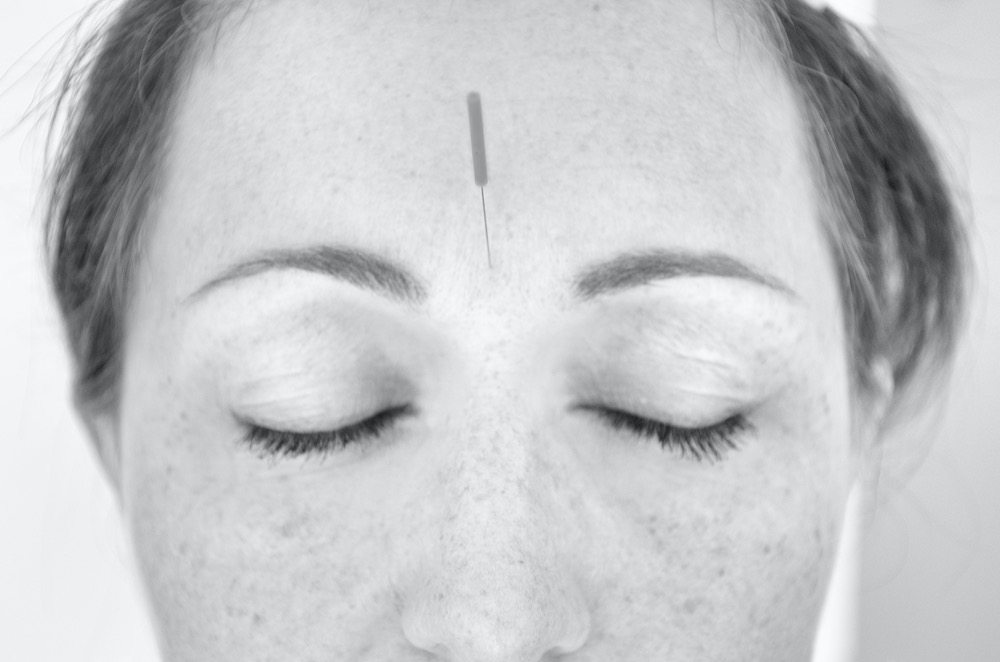
“It is by virtue of the twelve channels that human life exists, that disease arises, that human beings can be treated and illness cured. The twelve channels are where beginners start and masters end.” The Classic of Acupuncture
Circa 1st Century BCE
